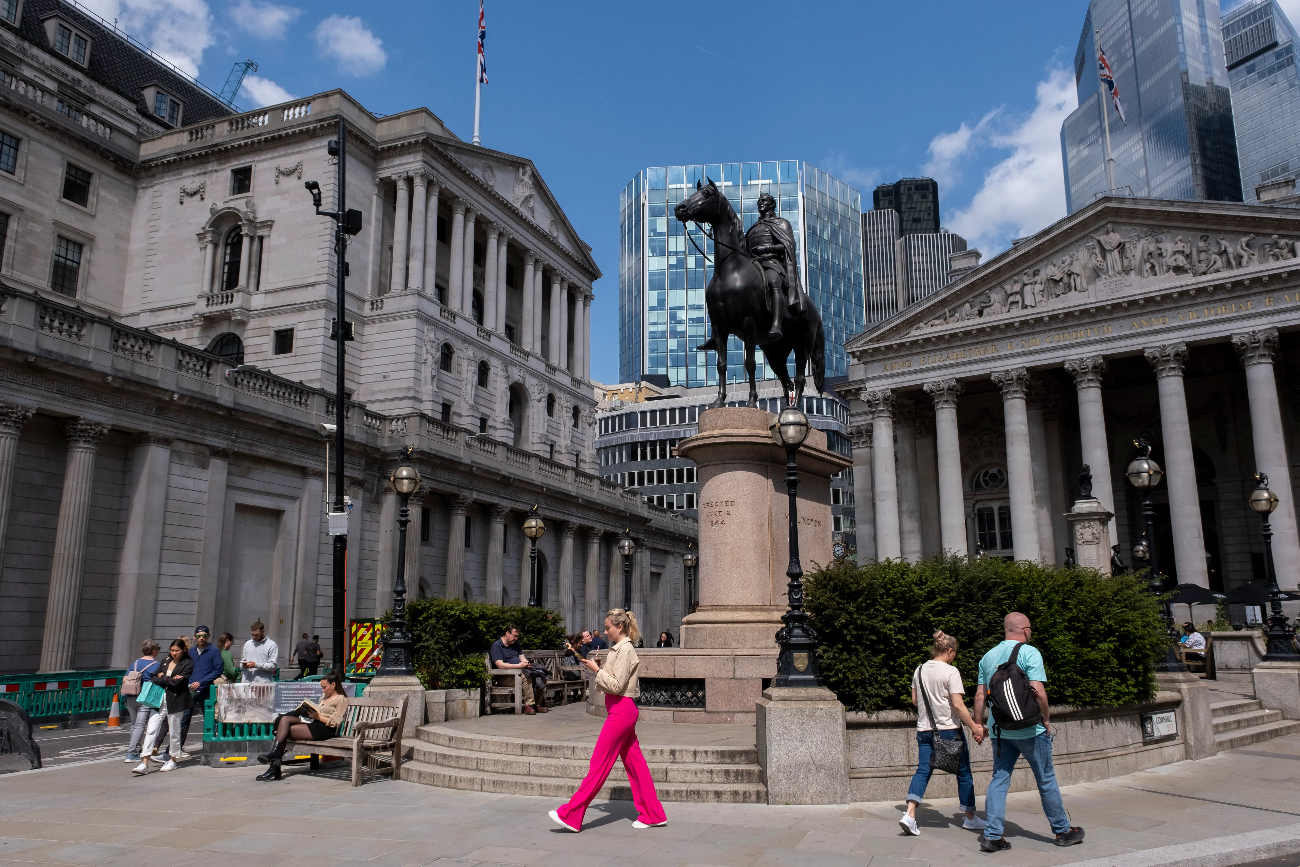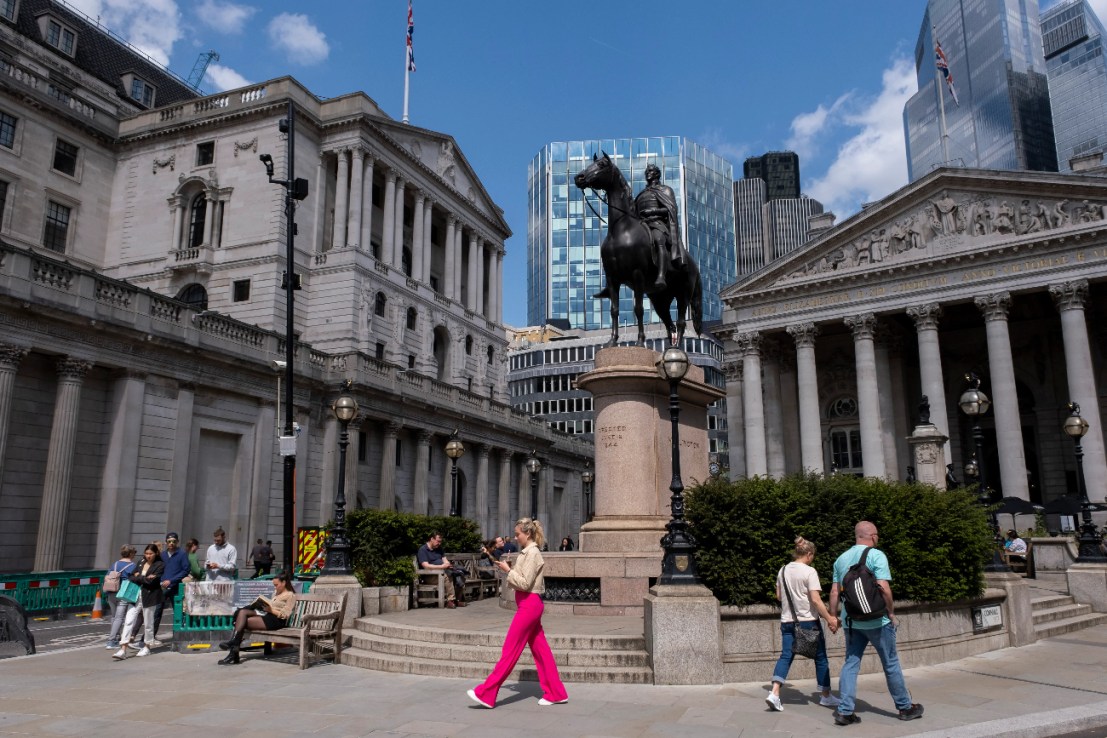Bank of England: Economy resilient but full force of interest rates yet to come
UK firms have shrugged off the worst of a rapid interest rate tightening cycle this year but the full force of hikes is yet to filter through to businesses, the Bank of England warned today.


The UK economy has weathered the worst of a rapid interest rate tightening cycle this year but the full force of hikes is yet to filter through to smaller and highly-leveraged businesses, the Bank of England warned today.
In its Financial Stability Report today, Threadneedle Street’s Financial Policy Committee said higher interest rates continue to put some firms and households “under pressure” but UK corporates in particular were expected to remain “broadly resilient to higher interest rates and weak growth”.
“In aggregate, UK corporates’ ability to service their debts has improved due to strong earnings growth,” the Financial Policy Committee said.
“But the full impact of higher financing costs has not yet passed through to all corporate borrowers and will be felt unevenly, with some smaller or highly leveraged UK firms likely to remain under pressure.”
Insolvencies among firms have risen over the past three months but remain “low”, the Bank added.
The amount of outstanding UK corporate debt relative to corporate earnings has continued to fall since its recent peak during the covid pandemic.
The latest data covering the period between April and June this year shows that corporate debt to earnings ratio stood at 276 per cent, down from 345 per cent at its peak during the pandemic in 2020, a figure that has come into sharper relief in recent years as interest rates jumped.
The share of corporates at higher risk has also slumped below the heights seen in 2020 its pandemic peak. However, pressure was still likely to be piled on firms in sectors particularly exposed to economic swings, like retail and the property market, according the the Bank of England’s analysis.
While the Bank’s Monetary Policy Committee has paused its rate hiking cycle and opted to hold rates at 5.25 per cent in its past two meetings, households are likely to come under further strain as rates stay higher for longer in the UK.
The Bank published its quarterly assessment of financial risks to the economy today in which it laid out a list of threats still lingering over the UK.
The threat of the so-called shadow banking sector to the UK economy has heightened this year even as traditional UK lenders look to have weathered the worst of economic turmoil.
The Financial Conduct Authority in the UK has today taken steps to boost liquidity and shore up vulnerability of so-called money market funds, but riskier borrowing in financial markets like private credit annd leveraged lending is still judged to be “particularly vulnerable” by the Bank.
“Although there are few signs of stress in these markets so far, a worsening macroeconomic outlook, for example, could cause sharp revaluations of credit risk,” it added.
The traditional banking sector however is “well capitalised and has high levels of liquidity” and has seen off much of the volatility that tore through the global banking sector in the wake of the collapse of Silicon Valley bank and Credit Suisse earlier this year.

